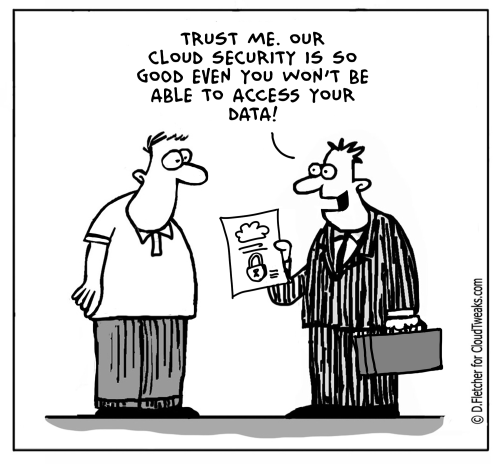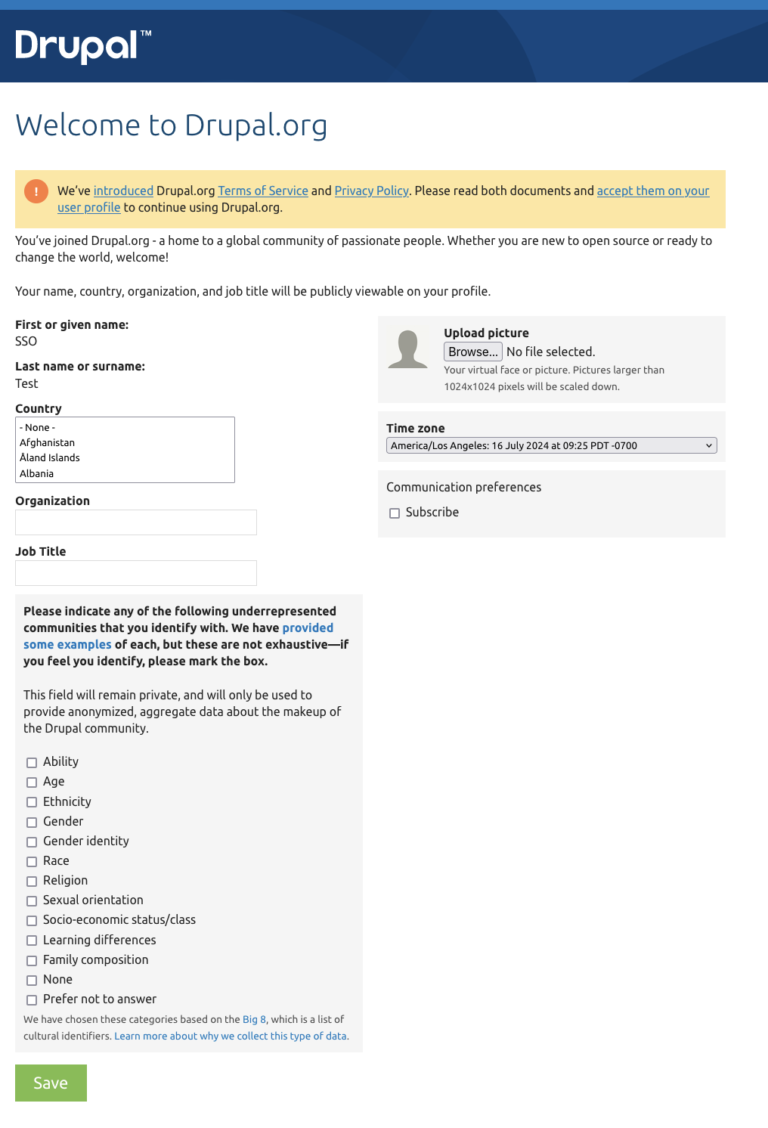Another critical consequence of data breaches is reputational damage. Customers start to doubt an organization’s capabilities to protect their sensitive information; hence, customer loyalty drops, leading to potential losses of customers. The majority of publicly traded firms experience a decline in the stock price beyond market movements after suffering from a breach as negative publicity erodes investor confidence and reduces market value
The contractual liability is primarily based on the violation of those data protection obligations as set by a commercial venture in contracts with clients, partners, and vendors. In case of data leakage, it will give rise to money compensation-based claims for breach of contract. Third-party claims from the service providers or suppliers may also arise when such third parties suffer losses, or their reputation due to the breach is damaged. These kinds of claims further complicate the legal landscape and add to the financial liability that businesses now face.
Understanding Data Breaches
A data breach is unauthorized access to sensitive, protected, or confidential data. It comprises personal information—this could be in the form of social security numbers, credit card information, health records—and corporate information in terms of trade secrets and other forms of proprietorial processes, among others in this wide range of sensitive information.
The legal landscape in respect of data breaches varies across jurisdictions, and it is very nuanced. Multiple critical regulations and laws work in unison to control how businesses handle integrated data and react to a breach:
Another major risk after a data breach is the potential for litigation. This could include class action lawsuits from those affected, claiming compensation for identity theft, financial loss, and emotional distress as a result of the incident. The cost of defence in these cases may be very high since legal fees, court costs, and potential settlements or judgements can run into millions. Apart from class actions, individual lawsuits may also be filed, which will further raise the financial burden of the business.
Legal Frameworks for Data Breaches
By Gary Bernstein
- General Data Protection Regulation (GDPR): This is a regulation from the European Union and applies to all organizations conducting business in the European Union or involving the data of citizens living in the European Union. The GDPR enforces robust data protection compliance and breach notification—companies must notify breaches within 72 hours. Failing to comply with this can invite massive penalties in the amount of millions of dollars.
- California Consumer Privacy Act (CCPA): This act applies to companies operating in California or the companies that have personal information of citizens living in California. The CCPA enunciates the rights that consumers have concerning their data. This involves the right to know what data is collected, the right to delete data, and the right to opt-out of data sales. Business enterprises have to offer consumers details about breaches and can, at times, face fines of as high as $7,500 per intentional violation.
- Health Insurance Portability and Accountability Act (HIPAA): HIPAA is designed for healthcare data security in the United States. Covered entities must implement protections to secure data and inform DHHS and individuals affected by any breach impacting 500 or more individuals. Any such violations could attract penalties ranging from $127 to $250,000.
- Other International Laws: Several countries have subsequently enacted their versions of the Data Protection Act, such as Canada’s Personal Information Protection and Electronic Documents Act (PIPEDA) and Australia’s Privacy Act: Companies that operate worldwide have to be aware of each law on this list.
Potential Liabilities for Businesses
Data breaches can result from many causes, such as hacking, phishing attacks, insider threats, or even simple negligence.
1. Strong encryption, access controls, and regular security audits will help shield sensitive data from any unauthorised access. Modern technologies like Bitdefender Small Business Security and new practices in cyber security are the keys to this way.
2. A comprehensive response plan should provide procedures for identifying and containing breaches, notification of the affected parties, and cooperation with regulatory authorities. Maintaining an up-to-date, tested plan is essential to be prepared for anything.
3. Provide regular training on best practices in data protection and phishing awareness. Sometimes, staff can act as the first line of defence against breaches.
4. Run frequent compliance audits which involve periodic reviewing and updating compliance programs in keeping with evolving data protection laws. This shall include audits, risk assessments, etc., for detecting potential vulnerabilities.
5. Consult with legal counsel and cybersecurity professionals to ensure compliance with data protection laws and to develop effective breach response strategies.
In our hyper-digital age, information flows freely, like water rushing through a cybernetic dam. But with this digital deluge comes a rising tide of danger: the data breach. For businesses, a breach isn’t just technological disruption – it’s a potential legal and financial nightmare as the world is witnessing with the recent Crowdstrike, AT&T and Disney breaches.
There are various steps that businesses can take to reduce the potential legal risk of data breaches:
One of the significant liabilities is regulatory penalties. These data protection laws are put into practice and regulated by various supervisory authorities who have far-reaching fining powers in case of non-compliance. The severity of the breach involved determines the severity of these fines, the number of affected data subjects, and other mitigative controls in place. For instance, a violation of the California Consumer Privacy Act may attract a fine of ,500 for every willful violation and ,500 for every non-intentional violation.
Mitigating Legal Risks
This article elaborates on the legal consequences of data breaches for a business by looking into the miscellaneous laws and regulations, potential liabilities, and what companies can do to reduce risks and ensure conformity with the law.

In the case of a data breach, businesses could incur liability under several grounds, each with financial, legal, and reputational consequences. That’s why companies should understand such potential liabilities to be better prepared for and respond accordingly in case there is a data breach.
Data breaches present legal challenges of gigantic proportions to any corporate entity. This has, in effect, turned into a tightrope walk across the complex maze of laws and regulations over data protection, thus demanding a very proactive approach toward cyber security, compliance, and risk management. Businesses that recognise the impact of a data breach on the law shall, through stringent protective measures, be able to reduce inherent risks, safeguard sensitive data, and comply with existing legal provisions.






